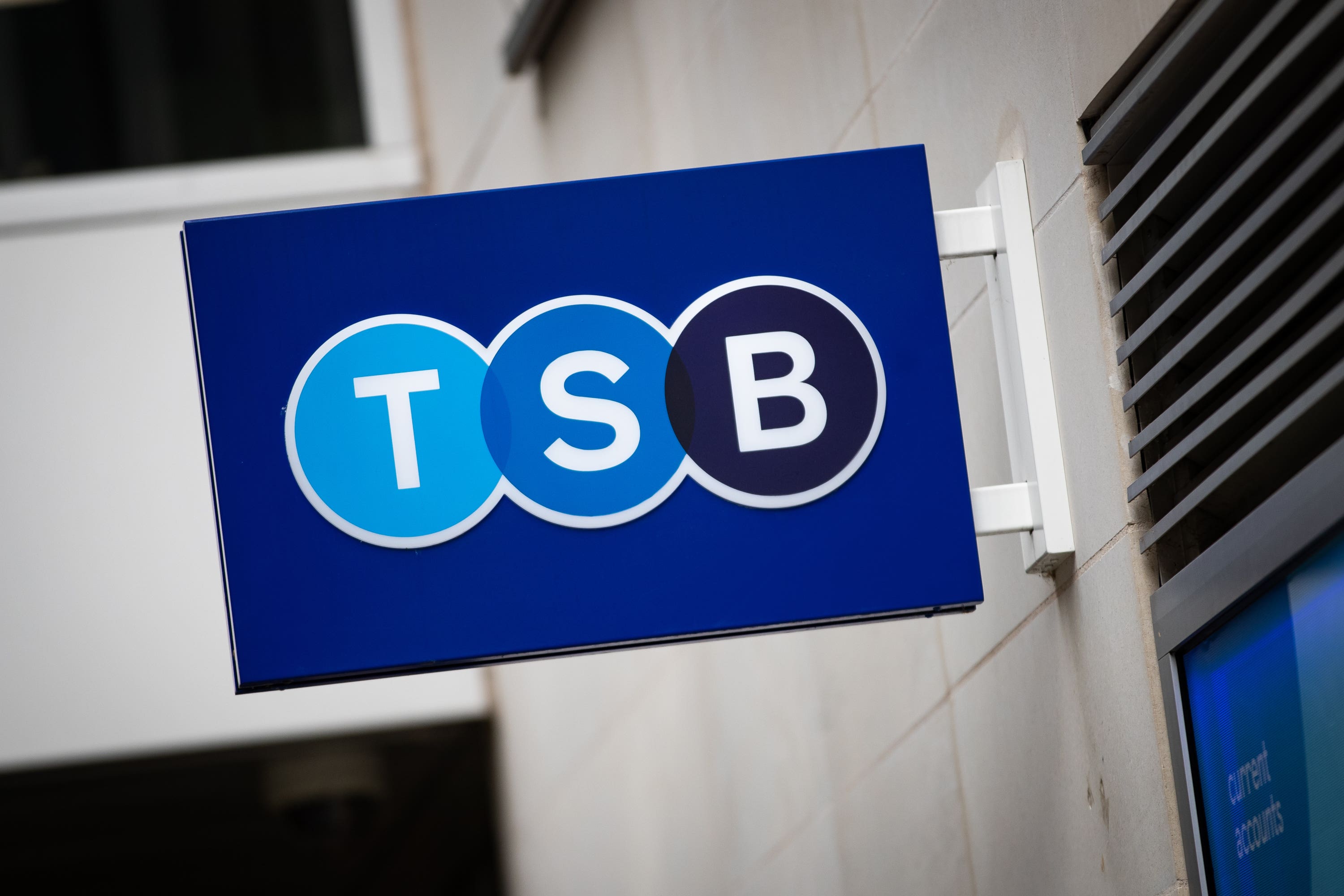Justice delayed? TSB fined £49m five years after customers hit by IT fiasco
It has taken nearly five years to get to this point after an episode which caused misery to the bank’s customers. But it does serve as a timely illustration of what can go wrong and why regulation is necessary as the government embarks on plans to tear up safeguards, writes James Moore


Justice delayed is justice denied, so the saying goes.
On that basis, what should we make of the fines levied on TSB nearly five years after one of the worst banking IT fiascos this country has seen?
The £48.7m in penalties levied for “operational risk management and governance failures” by the Financial Conduct Authority and the Bank of England’s Prudential Regulation Authority would have been £69.5m had the company not coughed to its mistakes and qualified for a 30 per cent discount for copping a plea.
One can only speculate about what might have happened had it chosen to fight. Would this have emerged as a talking point during the festive season of 2122? How might that have gone?
“I see TSB’s been fined £69m for IT snafus back in 2018.”
“Oh, um, what’s TSB?”
“It used to be bank.”
“Oh. So what did it do to deserve getting fined the price of a can of Diet Coke?”
“IT meltdown. That was a lot of money then. Remember, we’ve had the old hyperinflation since. A tin of Coke would have cost you 69p back then.”
“You’re kidding?”
The regulators’ report feels like more of an exercise in archaeology than it does history.
It’s not as if the evidence was hard to find. Millions of customers were shut out of their accounts, with the bank adding insult to injury courtesy of a textbook case of how not to communicate with your customers in the middle of a crisis. This was widely reported.
Getting to the bottom of quite how it was allowed to happen will have taken a little longer than it did to get a handle on the consequences. But nearly half a decade? When the bank admitted fouling up? And had already commissioned its own external report from Slaughter and May?
TSB was spun out of Lloyds and floated on the stock market before being gobbled up by Sabadell Group, a provincial Spanish banking outfit with ambitions to become something more.
Its technological meltdown was caused by a plan to migrate from a system provided by Lloyds on to one operated by a subsidiary of Sabadell. This was a key part of the rationale for the takeover. Trouble is, while Sabadell had pulled off such migrations in the past, it had little experience with the UK banking market which required the use of a newly created and unproven version of its Proseo platform.
Misery resulted. Locked-out online customers turned to telephone banking but couldn’t get through. Queues formed at branches in an echo of the 2008 crash.
The fine may have arrived late but the wider financial hit has already been severe – some £450m in total, including the cost of the external report, some £32m in customer redress and £366m to rebuild the system.
The CEO at the time, Paul Pester, endured a bruising encounter with the Treasury Committee and gave up a £2m bonus. He ultimately stepped down, albeit with a £1.7m severance package which created something of a talking point.
Here’s where it gets interesting: what we don’t know is whether any individuals will be held to account by the FCA. It is maintaining a delphic silence on that point.
The problem with fining institutions is that such payments end up being viewed as a cost of doing business. City analysts tend to dismiss them as a one-off in their calculations.
Of course, banks don’t like paying them. But the effectiveness of fines as a deterrent remains questionable when it is individuals, and their actions and decisions, that lead to the problem.
Regulators would argue that enforcement outcomes are not the sole measure of success for its senior managers’ regime, brought in after the financial crisis in an attempt to hold those making decisions to account.
The future of that regime is in any case open to question as the government frets that it deters star performers from relocating to London. It’s all part of a drive to de-regulate the City and make it a free-wheeling centre for financial whizz-kids to compensate for the body blow delivered by Brexit.
Against that backdrop, this report could be seen as rather timely. Sure, it covers retail banking rather than casino-style City finance. But there are also plans to tear down the walls separating them, too.
Looking back at what went on at TSB, is more deregulation what the banking industry needs?
Join our commenting forum
Join thought-provoking conversations, follow other Independent readers and see their replies
Comments
Bookmark popover
Removed from bookmarks